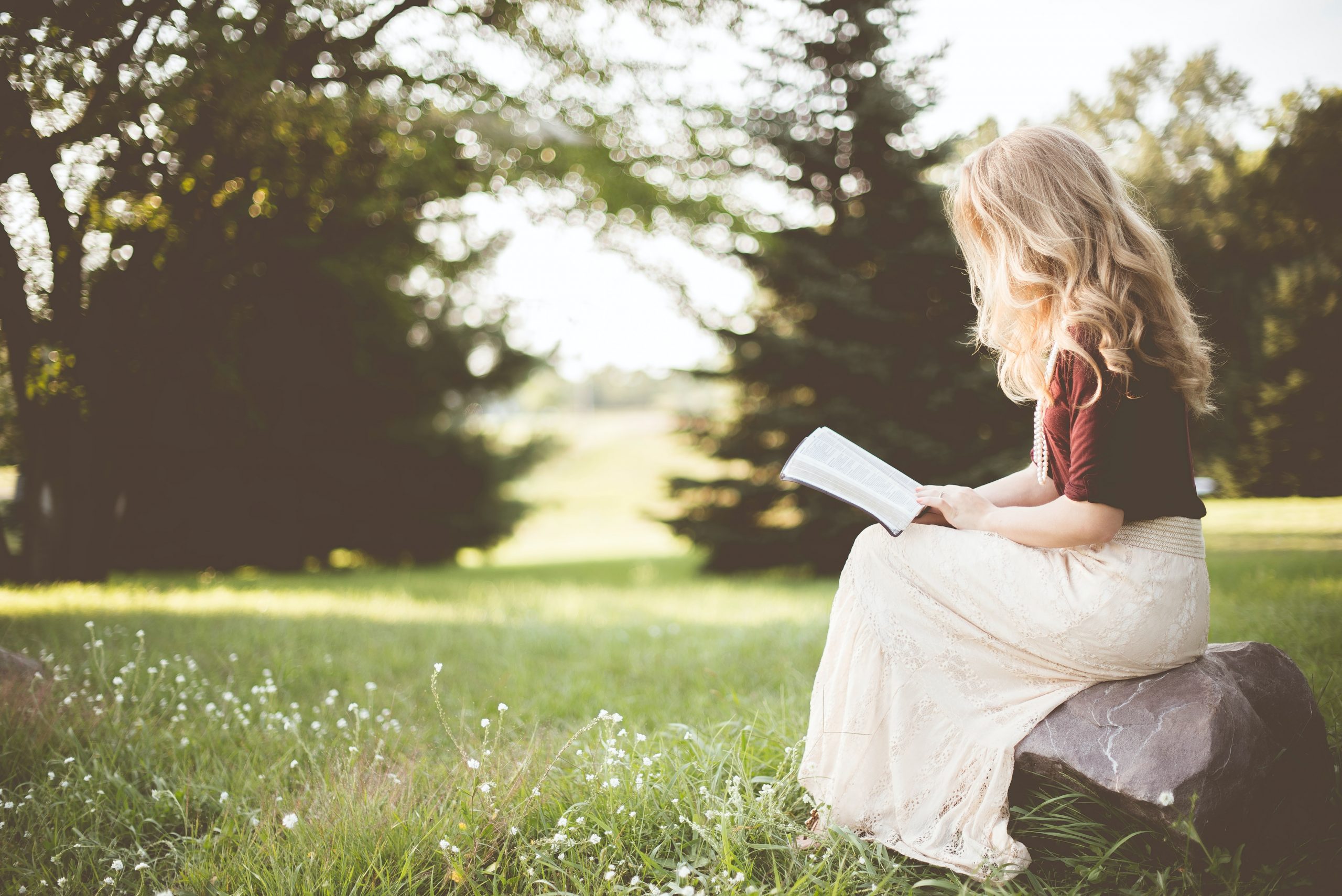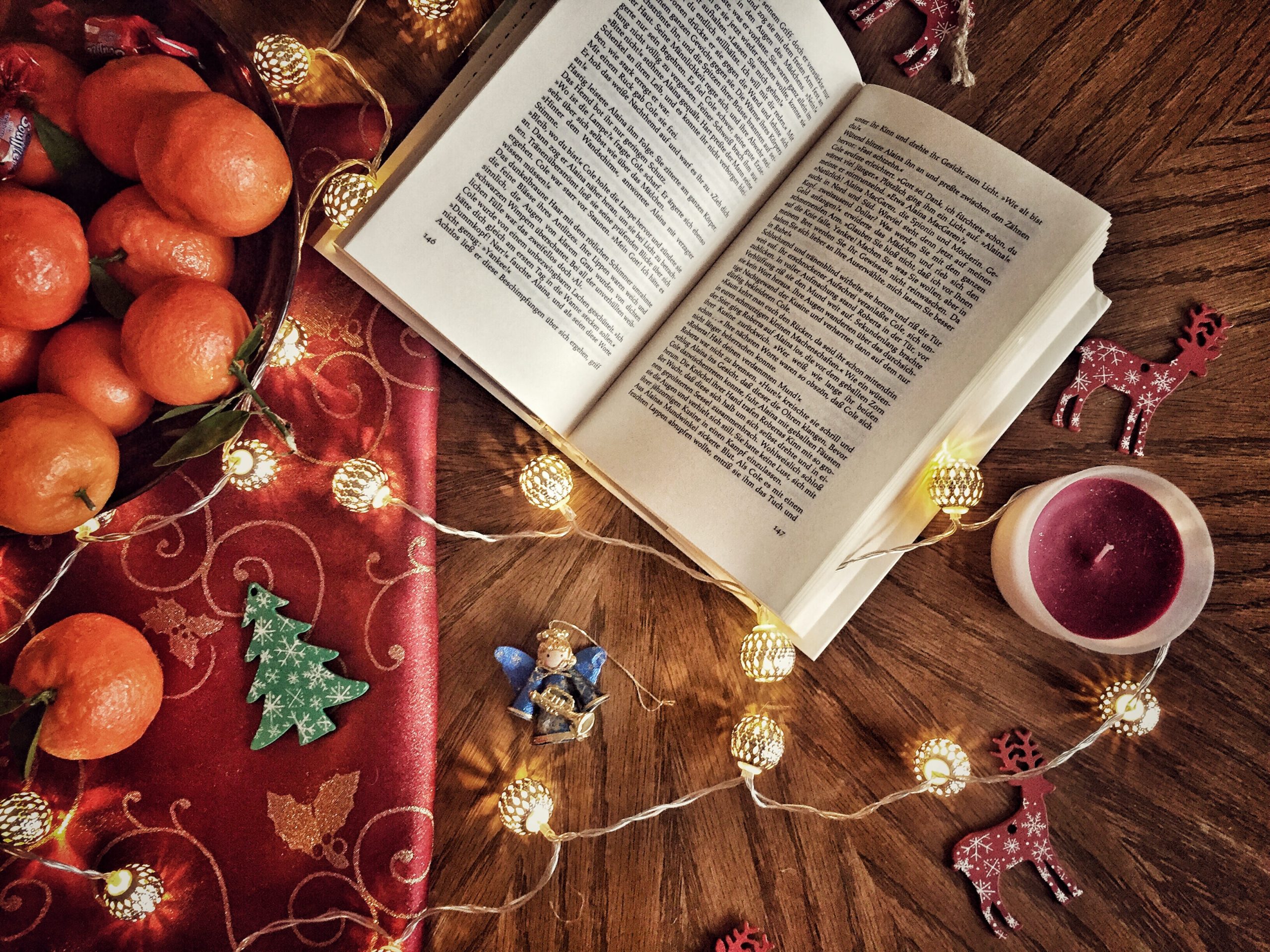In this version of twenty questions, I send a list of questions to a willing victim author and they choose their own interview by choosing which questions, and how many questions, they want to answer! Elizabeth Percer’s An Uncommon Education is a beautiful coming-of-age story about a young woman struggling to stave off loss. Here is what Elizabeth had to say about reading, writing, and the constancy of writing and motherhood.
Would you give us a bit of introduction and let my readers know who you are, how you got started writing, and what kind of books you like to write?
I am Elizabeth Percer, author of An Uncommon Education. I grew up in Massachusetts and had never been any further west than Pennsylvania until I bought a one-way ticket to San Francisco a week after my college graduation. I’ve lived out here every since, but I think I will always be a Bostonian at heart. I’m the third of four children, have three children of my own, and have uneasy parenting relationships to a cat, a bearded dragon, and a Betta Spelendens (aka a Siamese Fighting Fish) and his reclusive companion, The Yellow Snail.
I wish my answer to how I got started writing was more interesting than it is, but the truth is that I’ve been writing ever since I could write. My writing has taken on several important evolutions, though, such as the evolution from writing for praise to writing for the sake of writing well. This particular evolution took place around fifteen years ago, and I think it represents the point at which I transitioned from being an emotional scribbler to a purposeful writer. There was no major external shift to bring in this transition; rather, I think I just took a turn in a relationship toward writing, one that foregrounded constancy instead of a more romantic, impractical ideal.
And, to answer the third of three questions masquerading as a single one, I like to write the kind of book I would want to read.
I am often struck by the different ways writers respond to the process of writing a book. Can you share with us any routines, food or recipes, or favorite books or rituals that help you thorough the writing process?
I think escape and comfort are definitely good tools to have at one’s disposal when engaging in any creative activity. It’s frightening to go into the unknown terrains of one’s mind. To paraphrase Anne Lamott, “my mind is the bad neighborhood I try never to go into alone.” I think, though, that the more I write, the less frightening that bad neighborhood feels, and there’s a certain amount of comfort that I gain from knowing I’ve gone into it again and again and know how to emerge from it (relatively) unscathed.
That said, I love to work around the ritual of tea. There’s something to the process of making tea that soothes and relaxes me. Actually, I think I find anything that requires a steady rhythm to be a great companion to the practice of writing. I’m fond of comparing a sustainable writing practice to a seasoned athlete’s practice: it’s hard to show up every day and face one’s weaknesses in the name of getting stronger, but the more you do, the easier it becomes.
I also love to run and walk and listen to the Bach cello suites before and/or after writing, but never while writing (though I do have a challenging tendency to come up with solutions to problems in my work while running).
Are you able to read when you’re writing and if so what books inspire you when you’re working your own book(s)?
I think I’m very porous as a reader — meaning that I tend to lose myself in what I read and bring the flavor of whatever I’m lost in back to my work. To combat this tendency I do two things when I’m working seriously on a novel: I try not to read quite as much or with quite as much abandon, and I am much stricter with myself over my reading choices. For example, if I’m struggling with a bit of dialogue, I’ll try to choose reading selections that seem to feature the sort of dialogue I’d like to have but can’t yet achieve. Similarly, if I’m hatching a romantic relationship, I’ll try to avoid watching Rom Coms or similarly rehashed romantic plots that suck me like the simpering romantic I truly am.
When I’m not actively working on a project, I will read anything and everything. I love trash just as much as the next person, and mistrust any authors who don’t admit to enjoying a least a little bit of juicy literary junk. But I love the tough classics, too, the ones that require chapters and chapters of patience before giving the reader any kind of real reward. I try to be as omnivoracious as possible when it comes to literature, not just because it helps my imagination grow and stretch its boundaries, but because I think the more we can relate to what others have to say, the more able we will be to write something relatable.
What was the most interesting thing that you found out while researching this book that you ultimately decided not to include?
I began writing the character of Naomi’s mother based on the little I gleaned from my own mother about my maternal grandmother, who died before I was born. In early drafts of the novel, I named Naomi’s mother Hannah, after this grandmother. Somewhere along the way, though, I tried to fictionalize her better by naming her Theresa instead. After making this choice, I began diving into my mother’s family tree to try to learn more about her ancestors, and came across my grandmother’s birth certificate: her full name was Hannah Theresa Hayes. I love those weird coincidences, and use them as a sign when I’m writing a book that I’m on the right path. There’s no space in the novel to delineate them, but they inform it all the same.
In the past I have visited a blog called Daily Routines and it’s all about the schedules of writers and creative people. What does a typical day look like for you and how do you manage a busy schedule?
Honestly? By the seat of my pants. I definitely get into rhythms, and it’s glorious when I do, but the truth of creative work, I think, is that it always surprises you. So I’ll create a structured routine for a while, but it usually demands restructuring after a month or two. This used to make me crazy and distrustful of my own ability to forge a regular practice, but I’ve learned to recognize it as the peculiar nature of my regular practice. This works well as the mother of three children, who are growing and shifting with head-snapping speed. I think the peace I’ve made with writing — and perhaps mothering — is that it does demand your constancy, but you must be ready to stay with it even when it switches paths on you entirely. This is what draws me to it, too, the sense that my work will never stale if I only allow it free rein with its growing pains and spurts. Again, the idea of a solid relationship to one’s writing comes to mind: all good, long-term relationships require compromise and have periods of fallowness as well as fertility. I think that learning to accept these fluctuations is critical to how I navigate my own short-lived routines.
By the same token, I work quite hard to maintain a constant connection to my creative self, so if the writing is not flowing or if the flow of life is interfering with the writing, I will be sure to at least check in regularly with the more nebulous, fanciful parts of my mind. I might do this with reading, drawing, running, walking, observing, listening to music, cooking, etc. I find my creative self is not that particular, so long as I feed her regularly.



